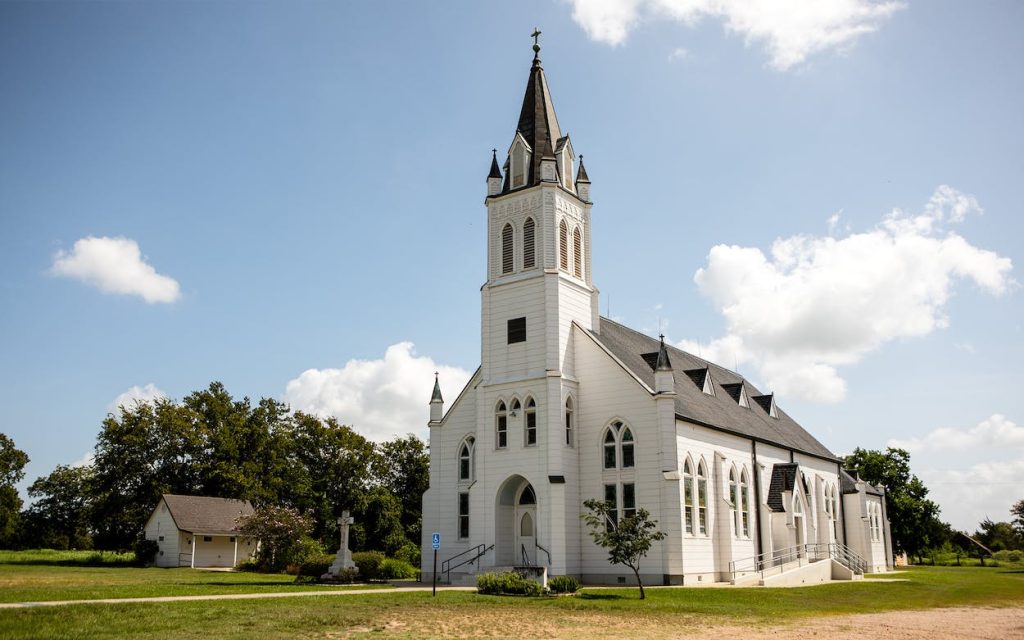Church Insurance
There are several common misconceptions about church insurance that can lead to misunderstandings and inadequate coverage. It’s important for church leaders and administrators to be aware of these misconceptions to make informed decisions about their insurance needs.

Here are some of the most common misconceptions:
- “We Don’t Need Insurance; We’re a Religious Organization” Misconception: Some churches may assume that their religious or nonprofit status exempts them from needing insurance. However, churches face various risks, including property damage, liability claims, and cybersecurity threats, making insurance essential.
- “General Liability Insurance Covers Everything” Misconception: While general liability insurance is crucial, it doesn’t provide comprehensive coverage for all potential risks. Churches need to consider additional policies like property insurance, workers’ compensation, and cybersecurity insurance to address specific needs.
- “Our Volunteers Are Automatically Covered” Misconception: Many churches rely on volunteers for various tasks, but they may not realize that volunteers might not be automatically covered under their insurance policy. Depending on the policy, volunteers may need to be explicitly added or a separate volunteer liability policy may be required.
- “Our Building Is Covered for Its Current Value” Misconception: Some churches mistakenly insure their buildings for their current market value or purchase price. However, it’s often more appropriate to insure the building for its replacement cost, including construction and labor expenses, to ensure adequate coverage in the event of a disaster.
- “Insurance Premiums Are Too Expensive for Small Churches” Misconception: Small churches might assume that insurance premiums are prohibitively expensive, leading them to forego coverage. In reality, insurance providers offer policies tailored to the size and needs of smaller congregations, making coverage more affordable than expected.
- “We Don’t Need Cybersecurity Insurance” Misconception: Some churches believe that cyberattacks won’t affect them or that their general liability policy covers cyber risks. However, as technology use increases, churches are vulnerable to data breaches and other cyber threats. Cybersecurity insurance is crucial to protect against these risks.
- “Our Denomination’s Insurance Plan Covers Everything” Misconception: Denominations often offer insurance programs, but these plans may not provide comprehensive coverage for every individual church’s unique needs. Churches should review these plans carefully and supplement them if necessary.
- “Once We Buy Insurance, We’re Fully Protected” Misconception: Insurance is an important part of risk management, but it’s not a guarantee of complete protection. Churches must also implement safety measures, security protocols, and risk management practices to minimize the likelihood of incidents.
- “Filing a Claim Will Raise Our Premiums Significantly” Misconception: While it’s true that filing multiple claims can lead to higher premiums, not all claims will have this effect. Churches should work closely with their insurance provider to understand the potential impact of filing a claim.
- “Insurance Is Only for Large or Wealthy Churches” Misconception: Insurance is not exclusive to large or wealthy churches. Policies can be customized to meet the unique needs and budgets of churches of all sizes and financial situations.
Don’t wait until it’s too late.
To ensure proper protection and avoid these misconceptions, churches should work closely with an experienced insurance agent or broker who understands the specific risks and requirements of religious organizations. Regularly reviewing and updating insurance coverage is also important to keep pace with changing needs and potential risks.
We want to protect your worship and ensure it is correctly covered. Get to know the team that will assist you!
Do you have questions about church insurance? Interested in a quote? Click the link below!
